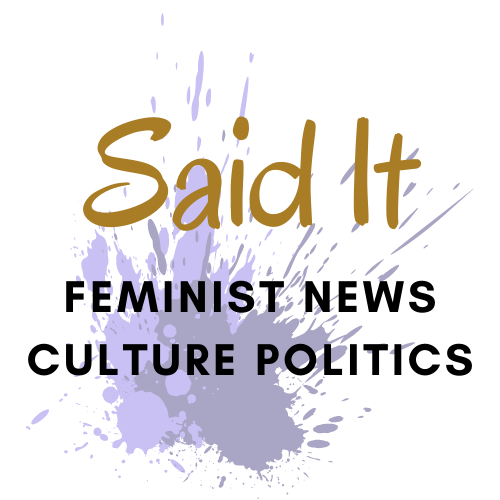In the ancient villages of southern China, women had developed a secret language with its own unique script called Nu Shu. The women developed this language over hundreds, perhaps thousands of years, when women were forbidden formal education.
Men could not understand the secret language, and assumed the women to be illiterate. The women, who were explicitly required to submit to their husbands, expressed in Nu Shu songs their melancholy fate of married drudgery.
A old Chinese proverb from those days of imperial China states that it was “better to have a dog than a daughter.” But one of the sayings in Nu Shu states that beside a well one does not thirst, and besides sisters, one does not despair.
The writing of Nu Shu is very different from Chinese writing. Chinese characters are made from straight lines or strokes, and are always square in shape. Nu Shu is written with curves and tilted lines. The women often wove Nu Shu characters into cloth, and embroidered the characters as patterns.
Today, the language Nu Shu is fading away, as industrialization and the communist revolution of 1949 influence and change traditional rural life. There are few surviving speakers of the language. They still reside in a cluster of rural villages in Jiangyong county, a region populated by about 230,000 people in southern China’s Hunan province.
Before Mao’s cultural revolution, it was customary to burn Nu Shu books of wisdom on a woman’s funeral pyre to comfort her in the next world. During the cultural revolution, however, fanatical Red Guards rampaged through rural Hunan and, in their mission to destroy the “four olds”–ideas, culture, customs, and habits–burned thousands of Nu Shu books in public bonfires.
(info from London Times, 10/10/99)

Recent Comments